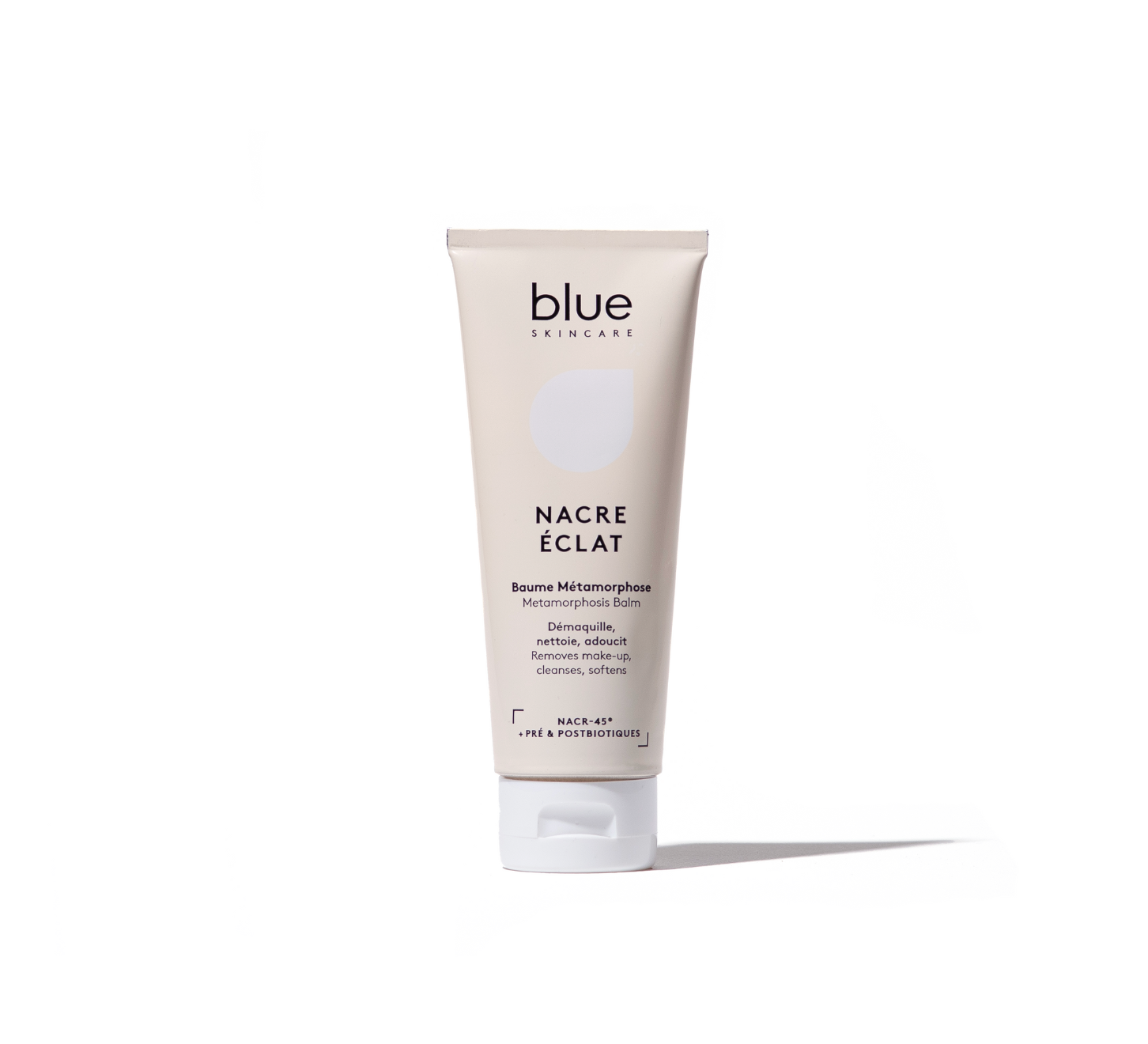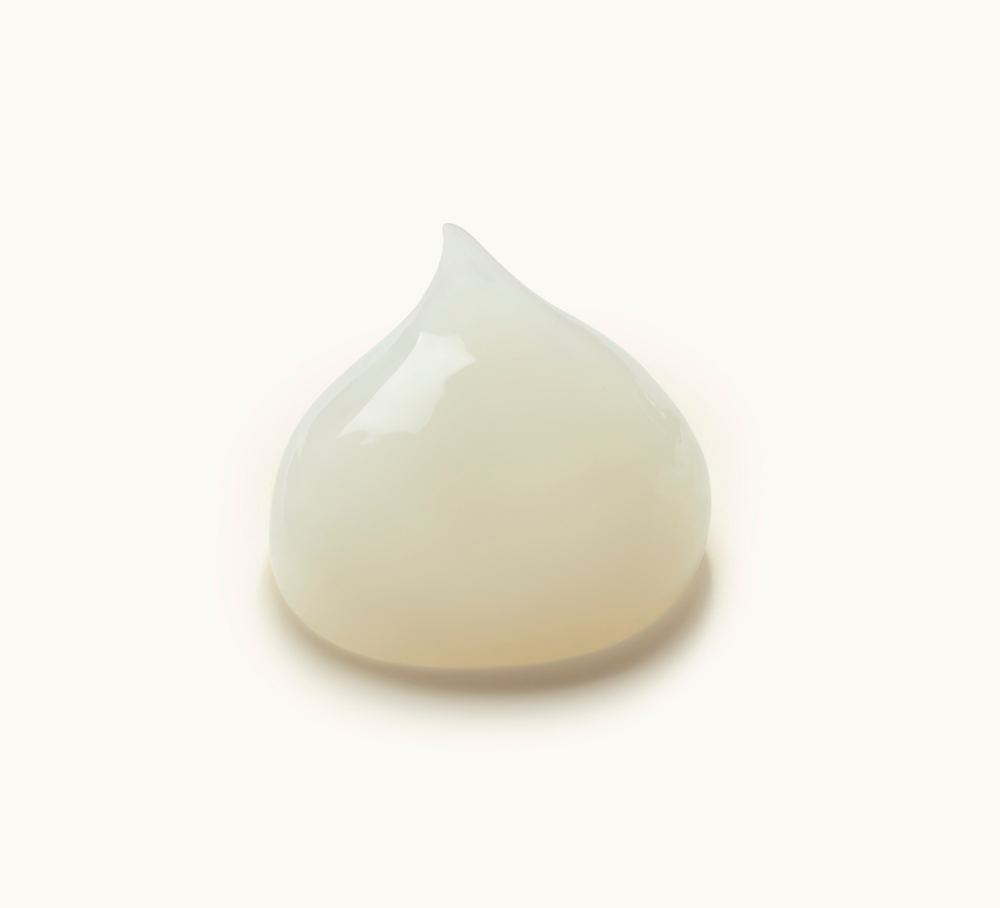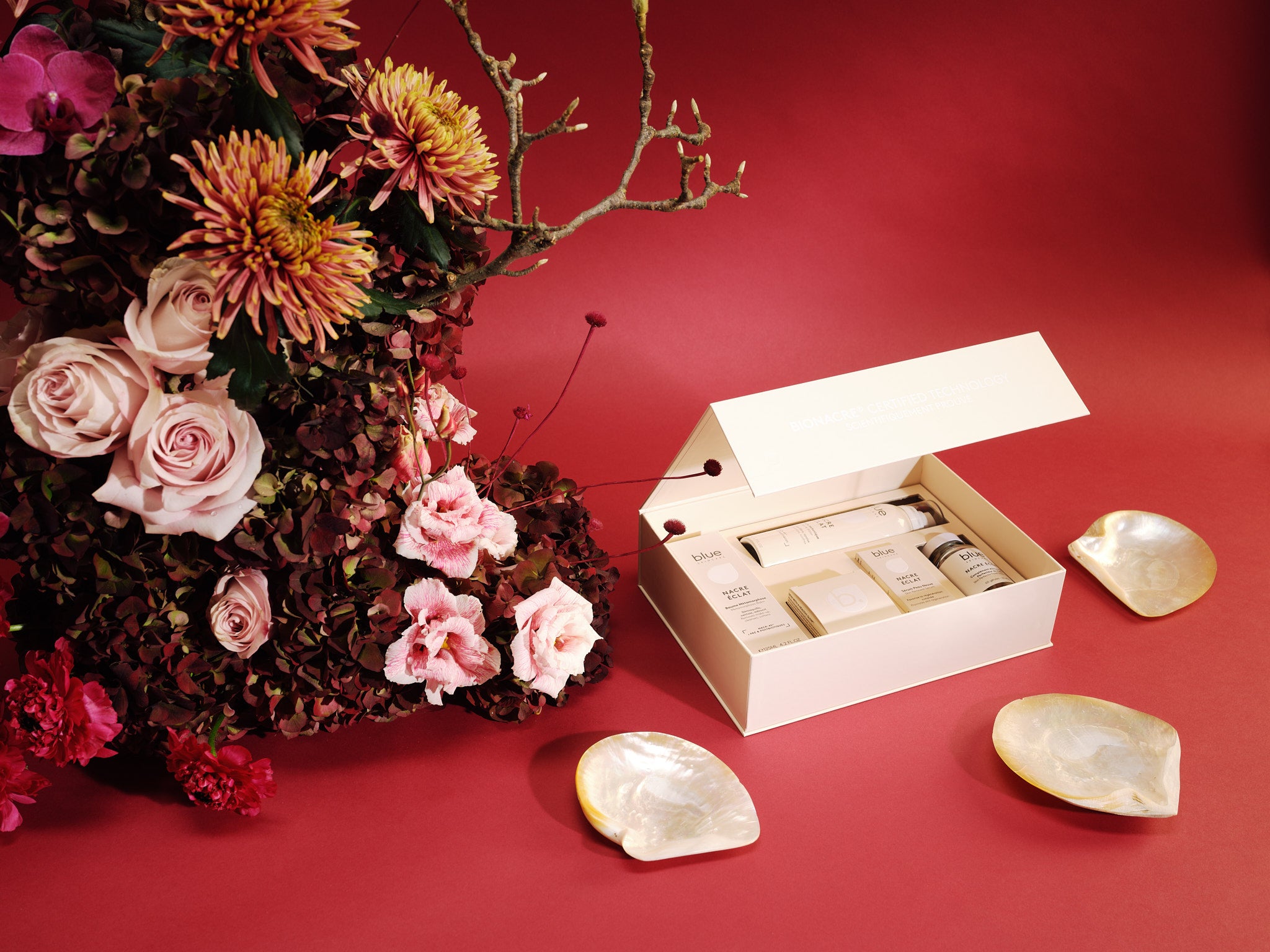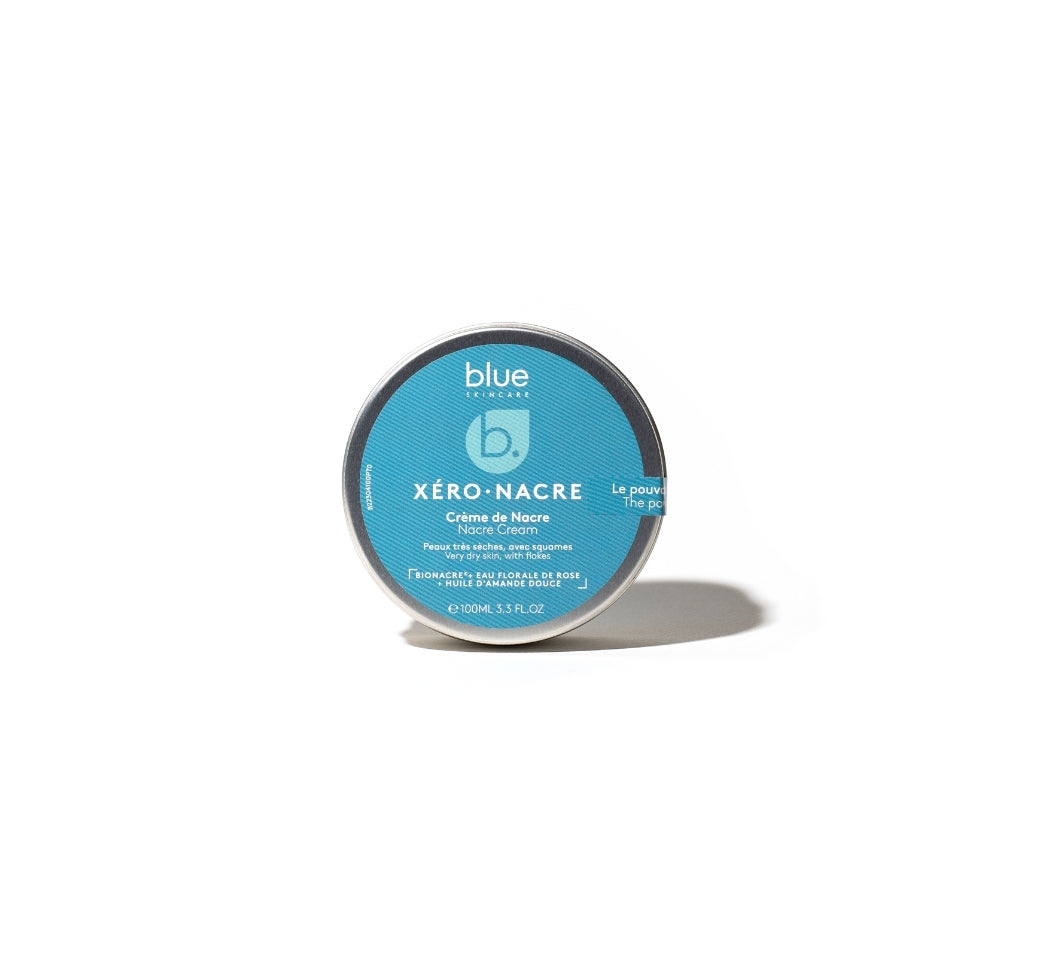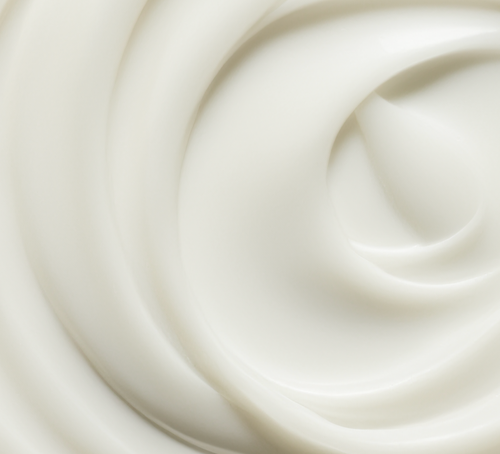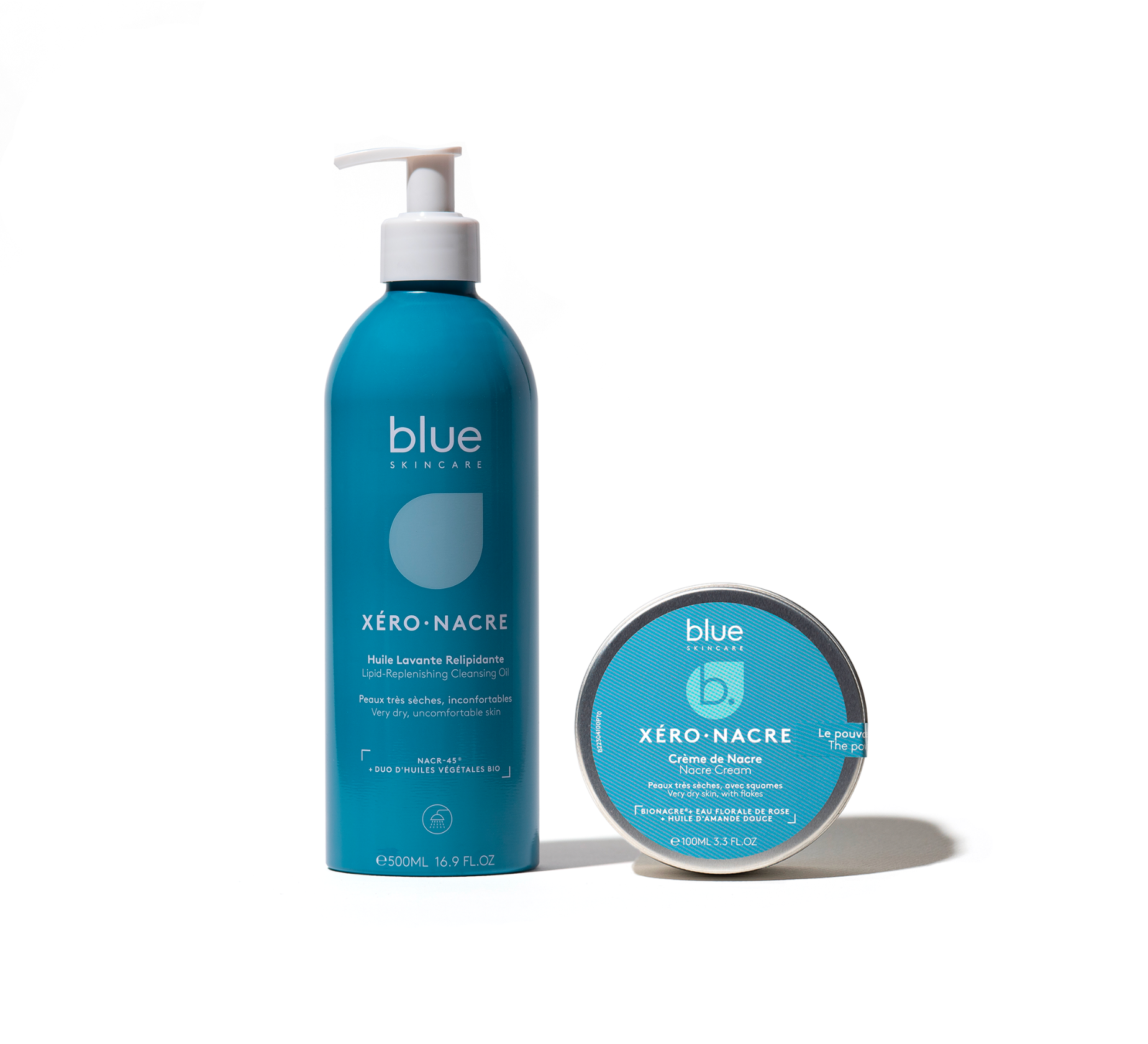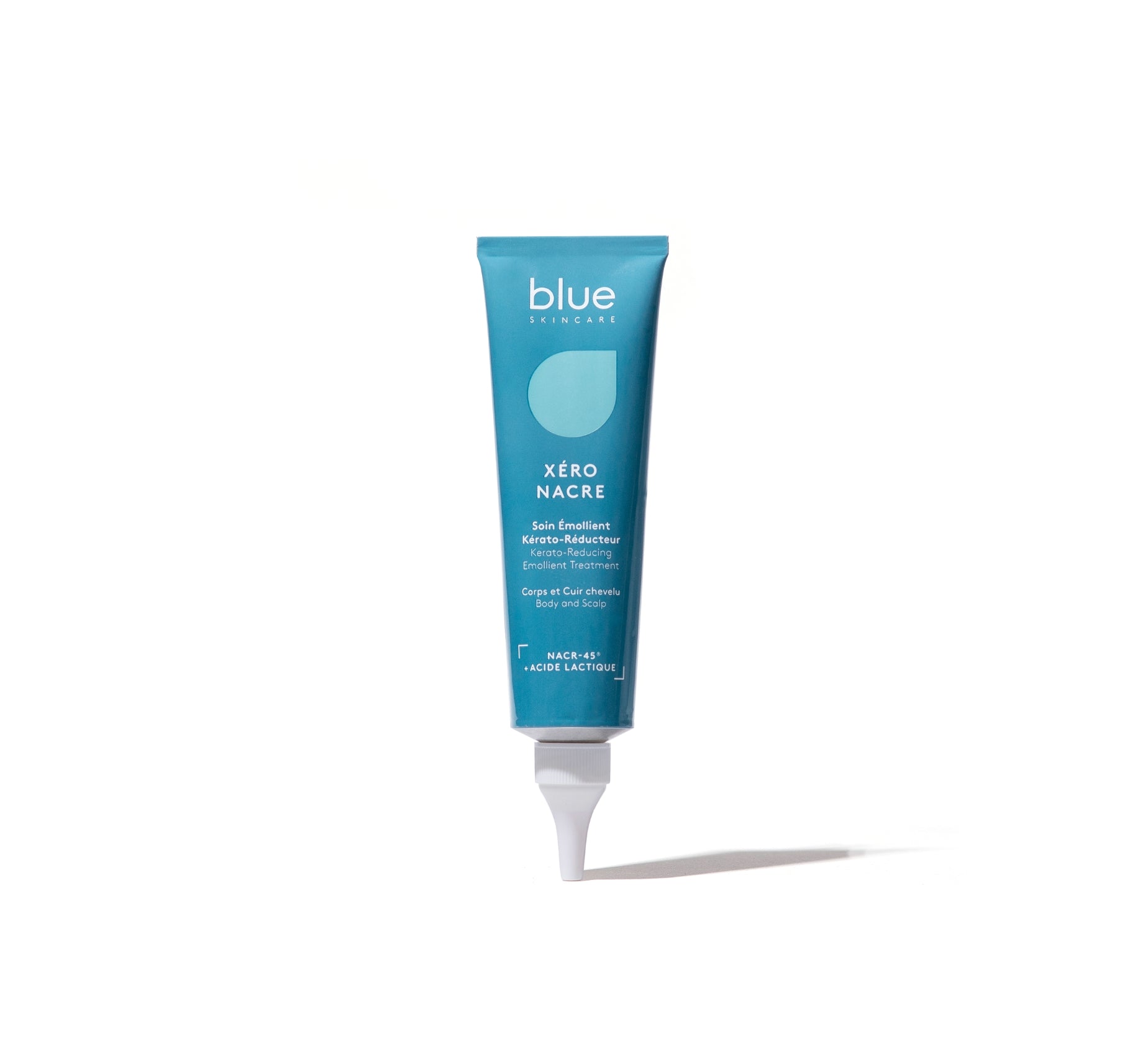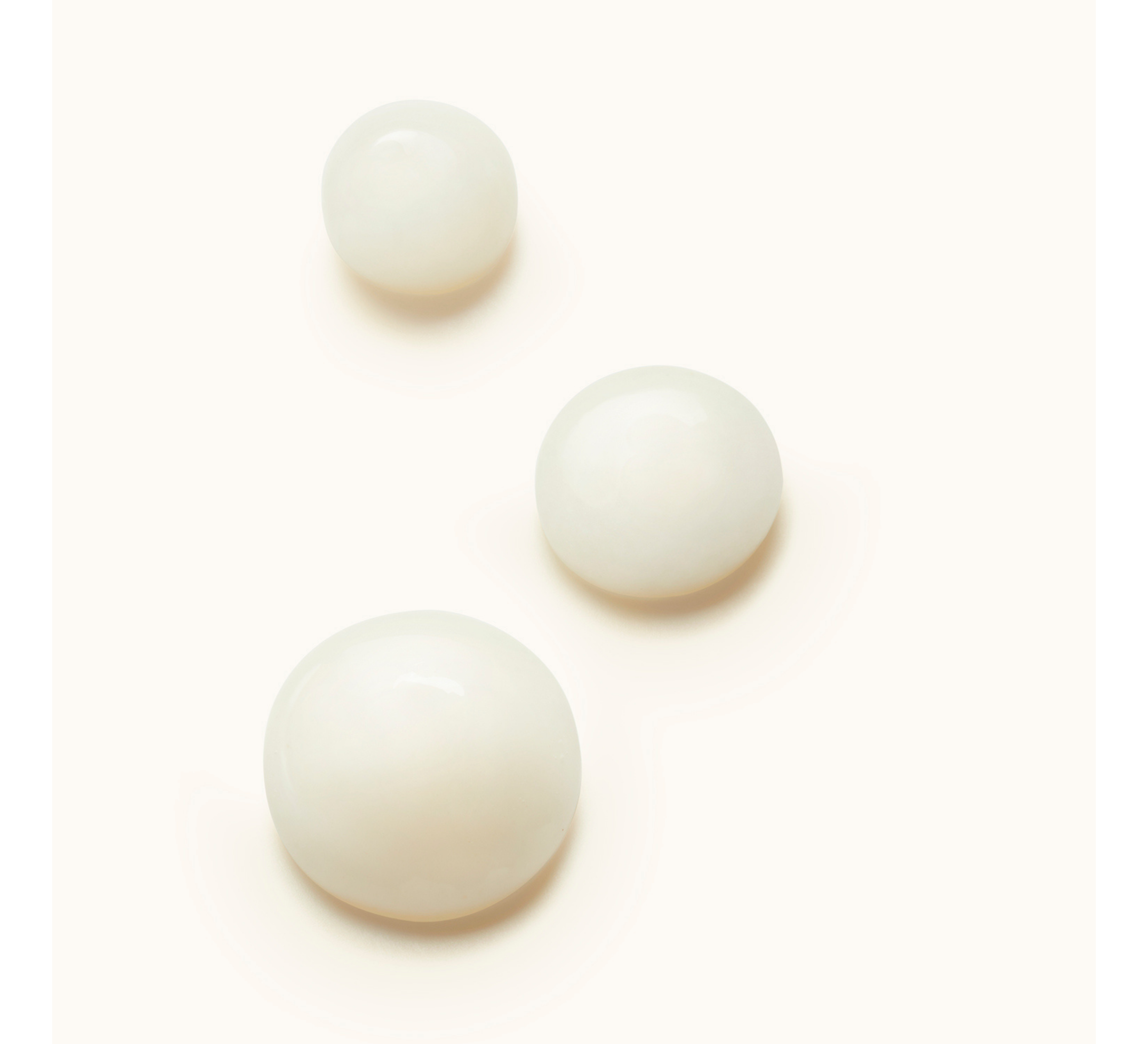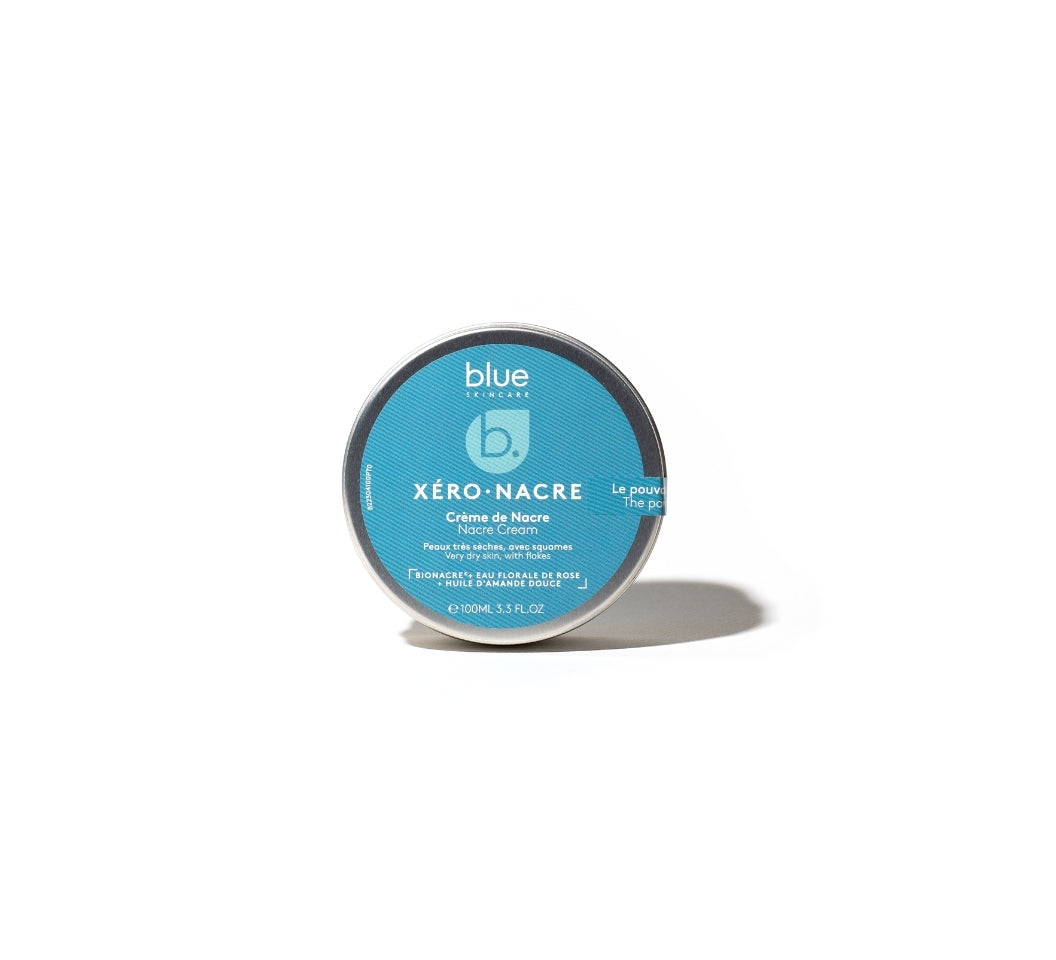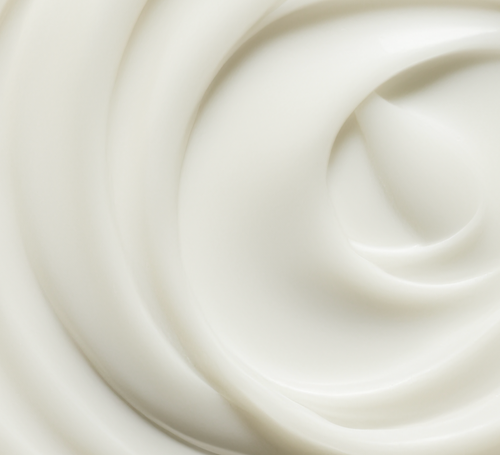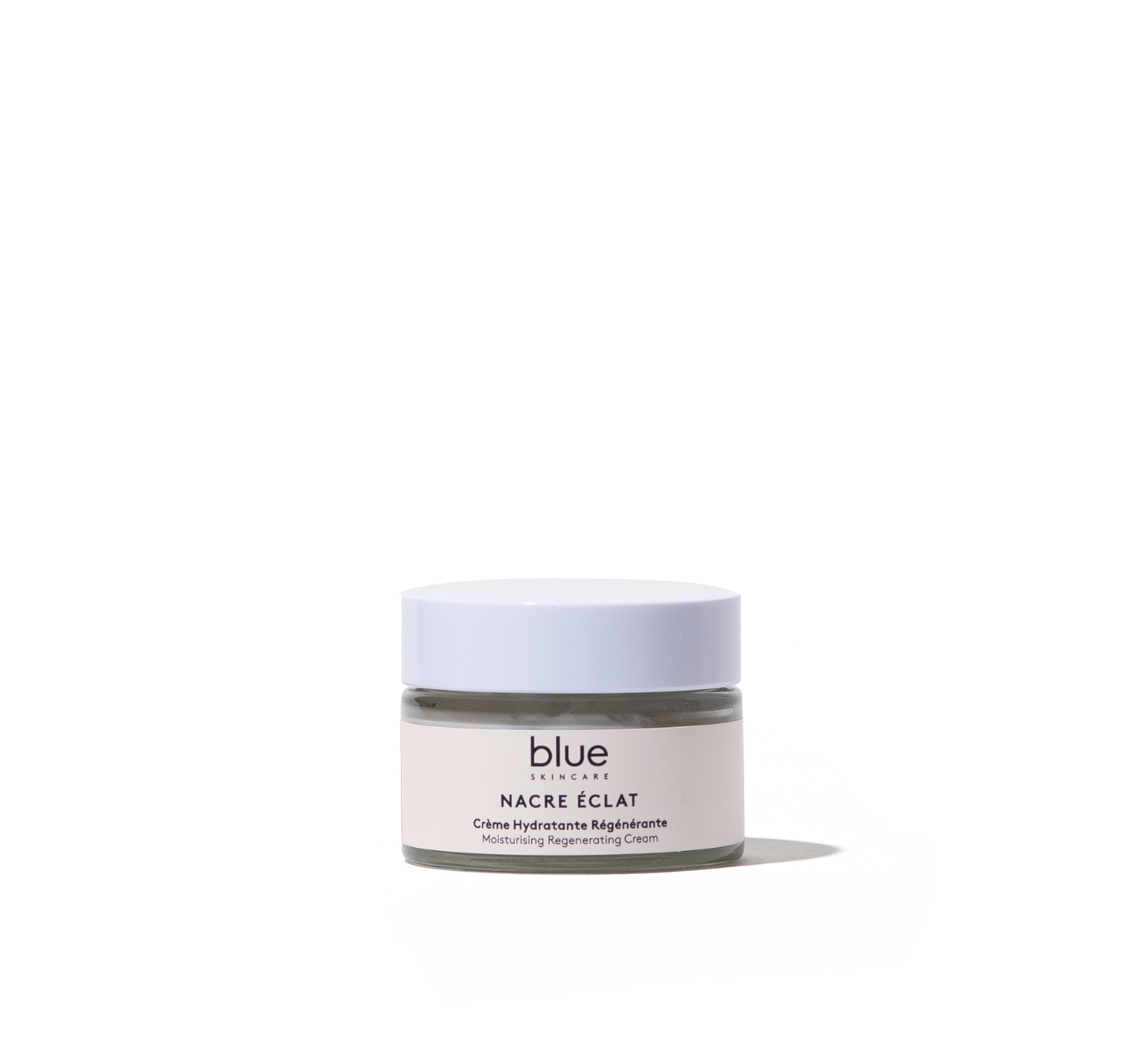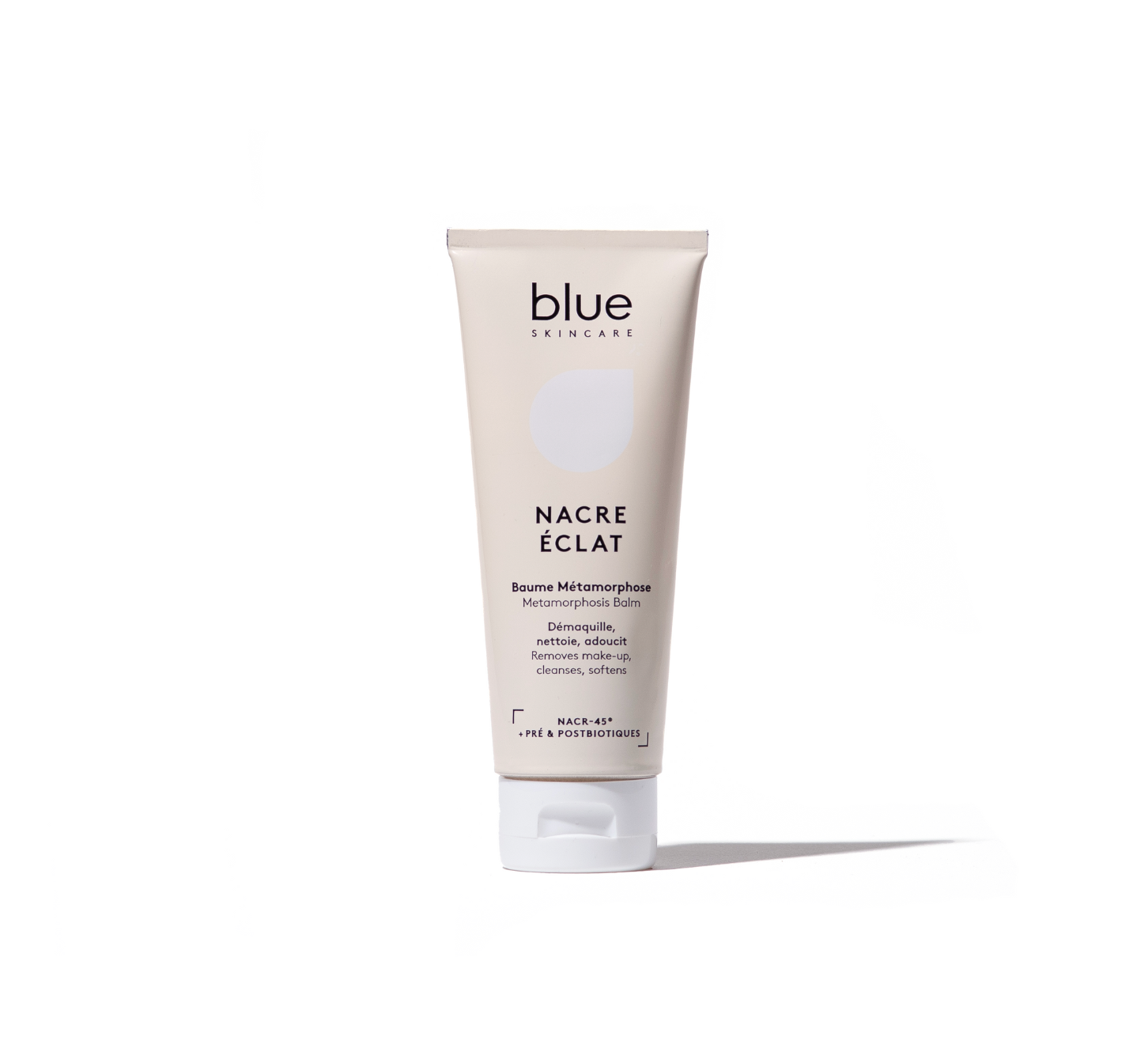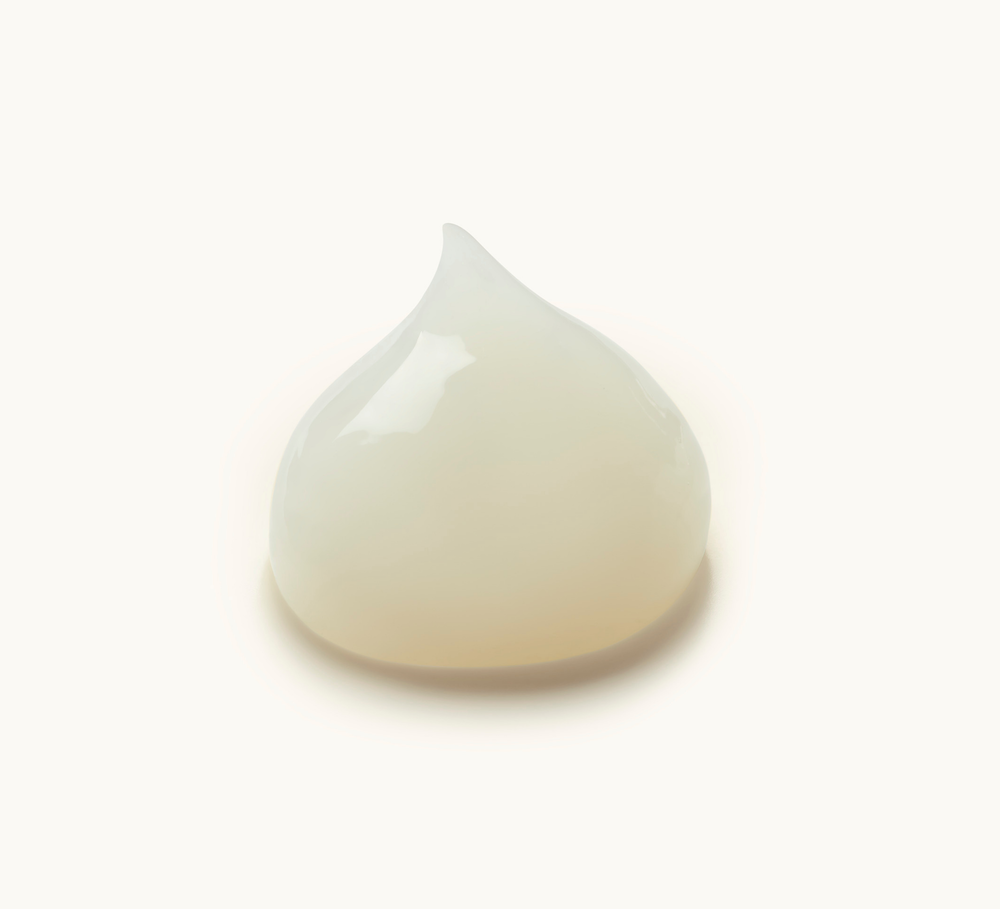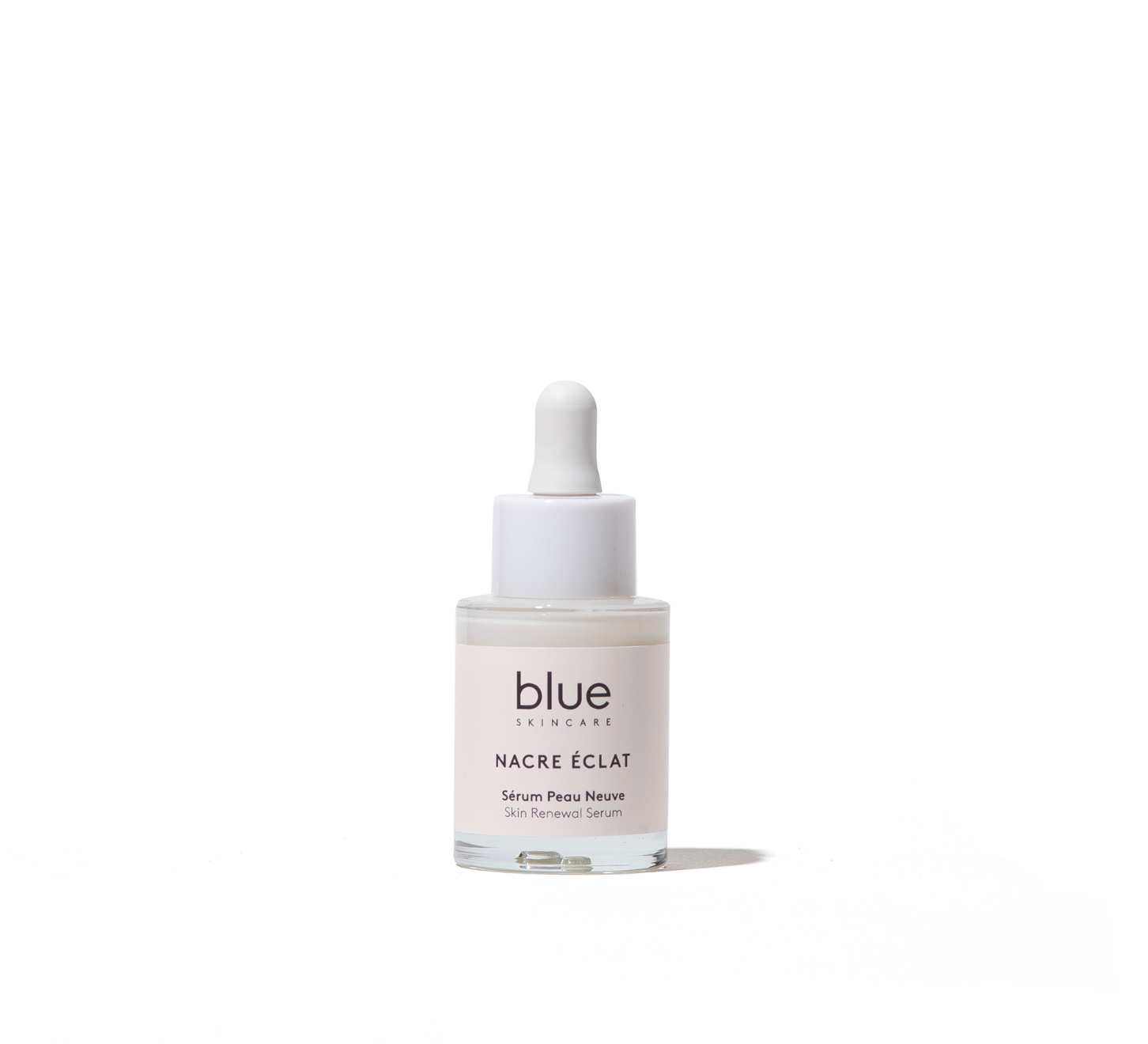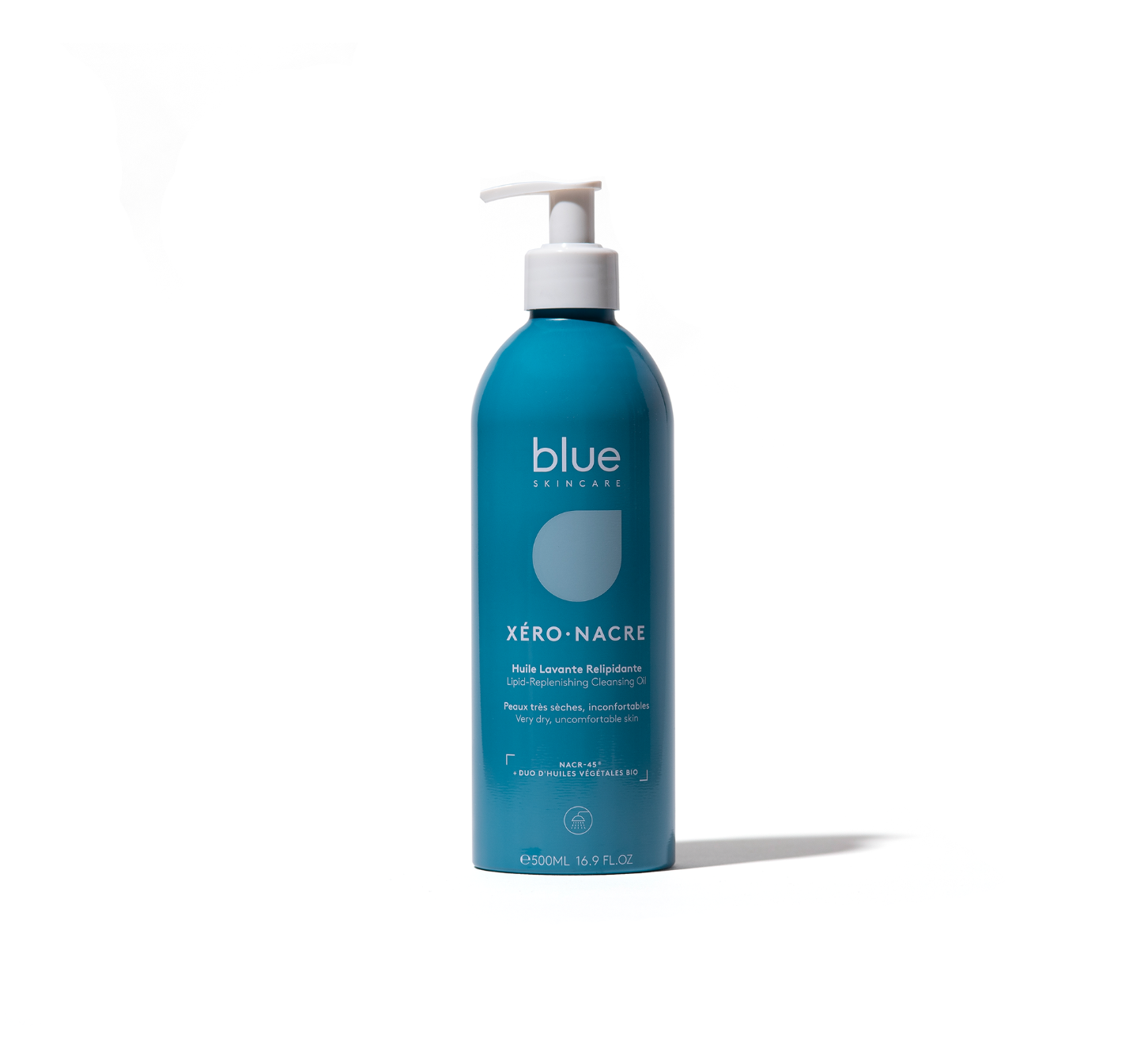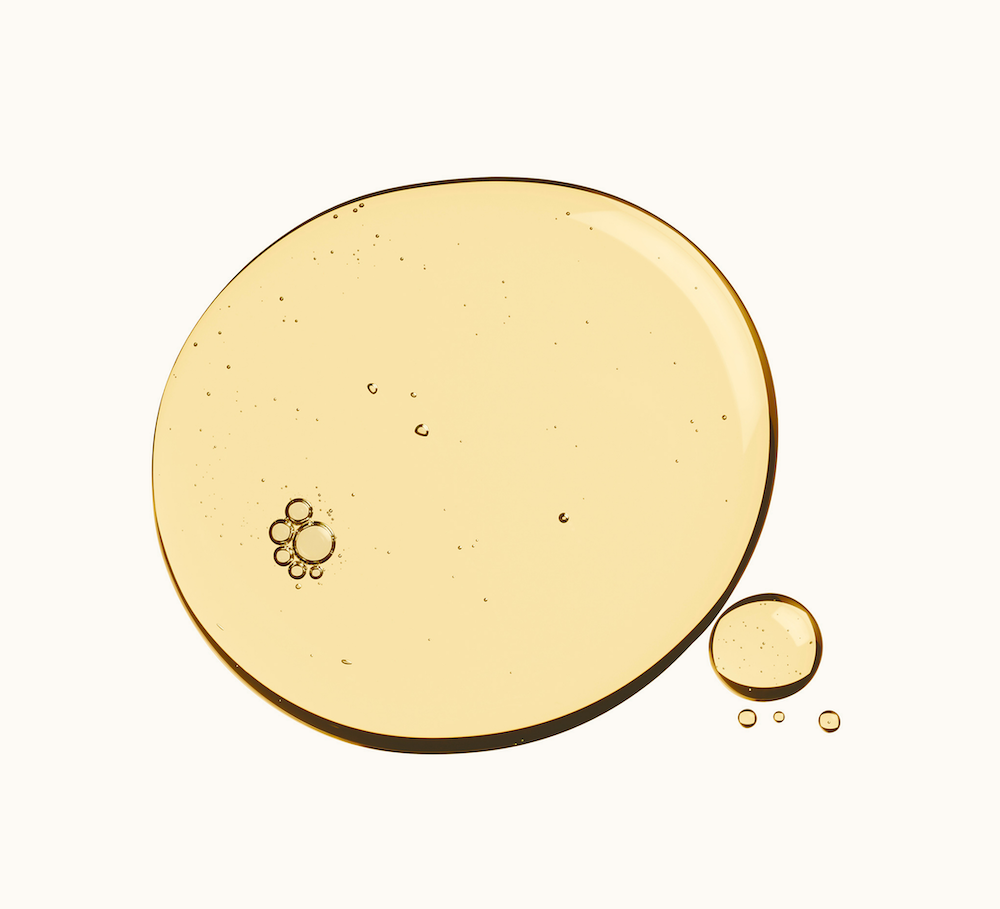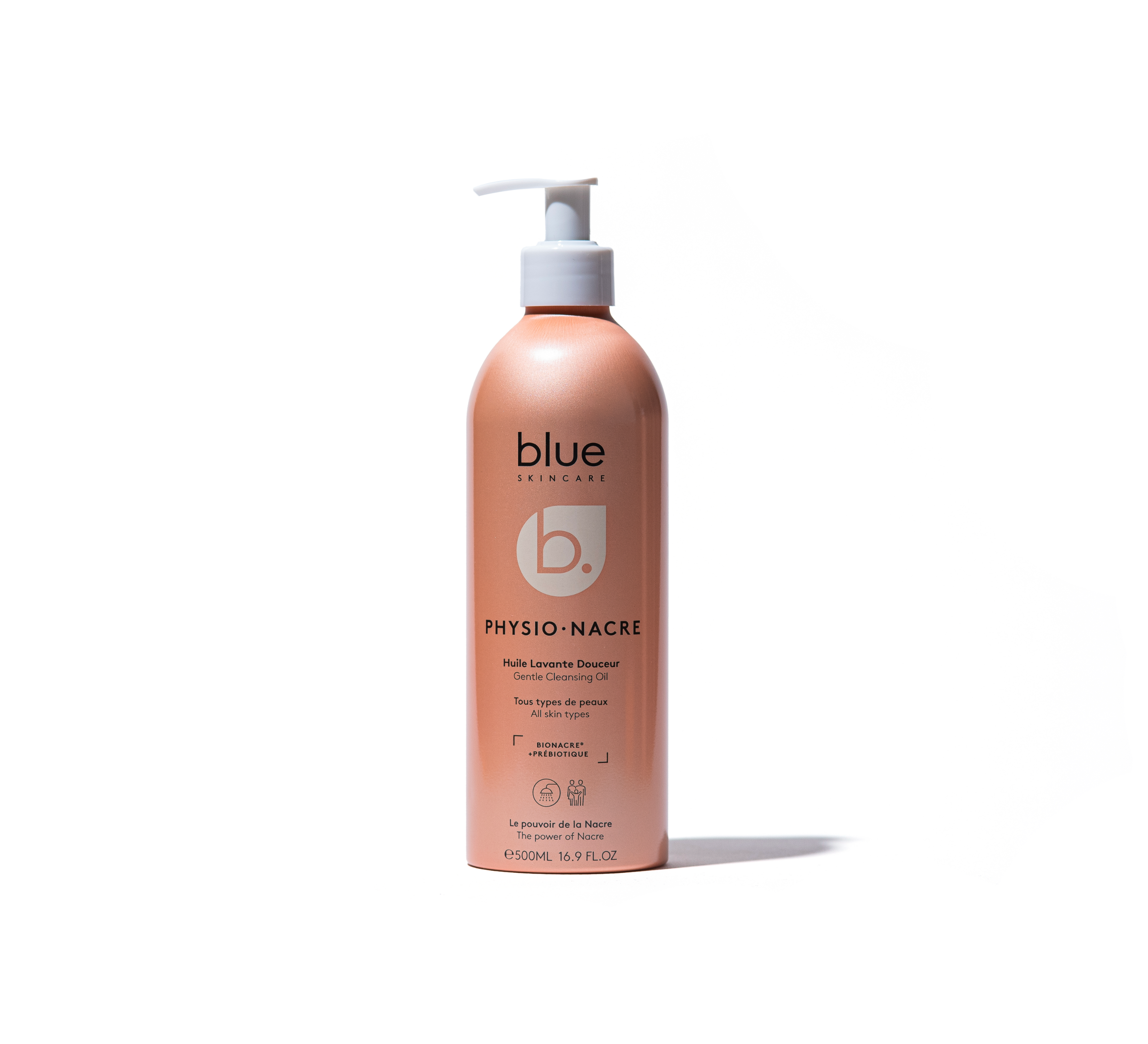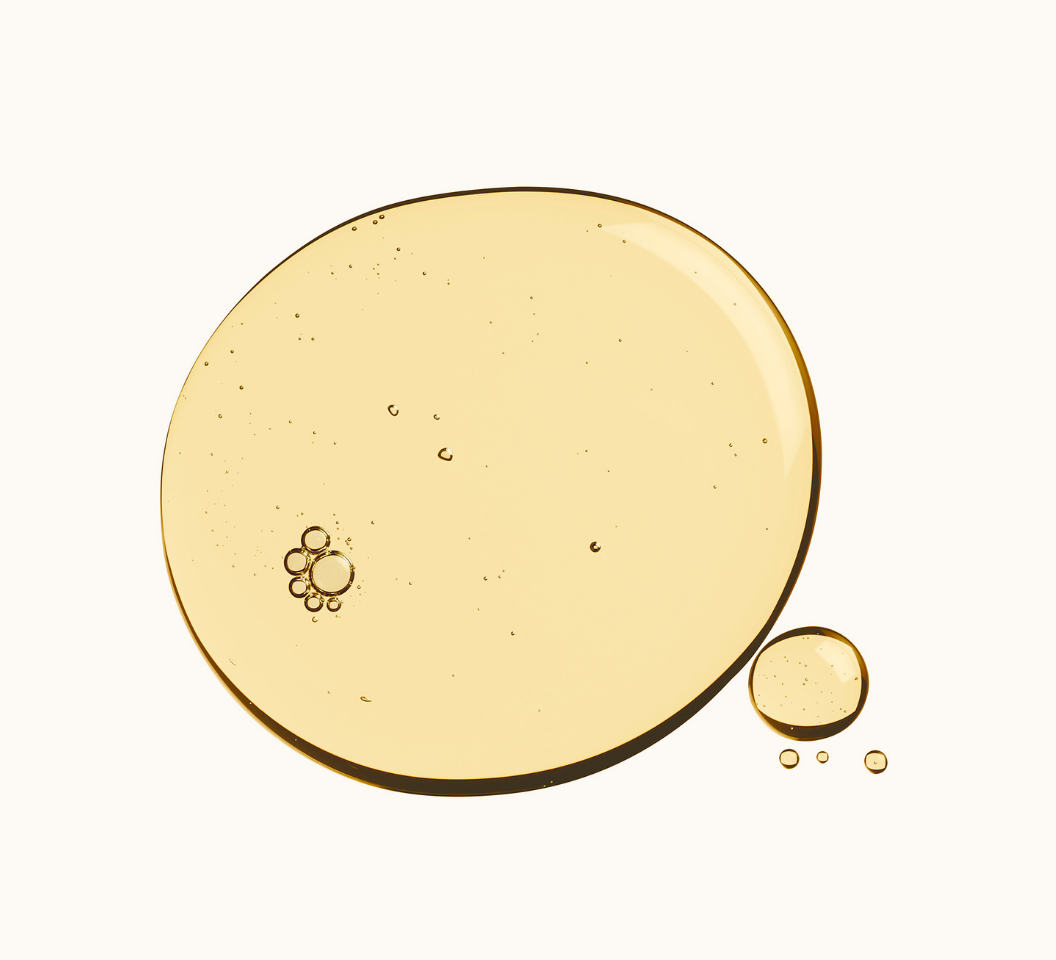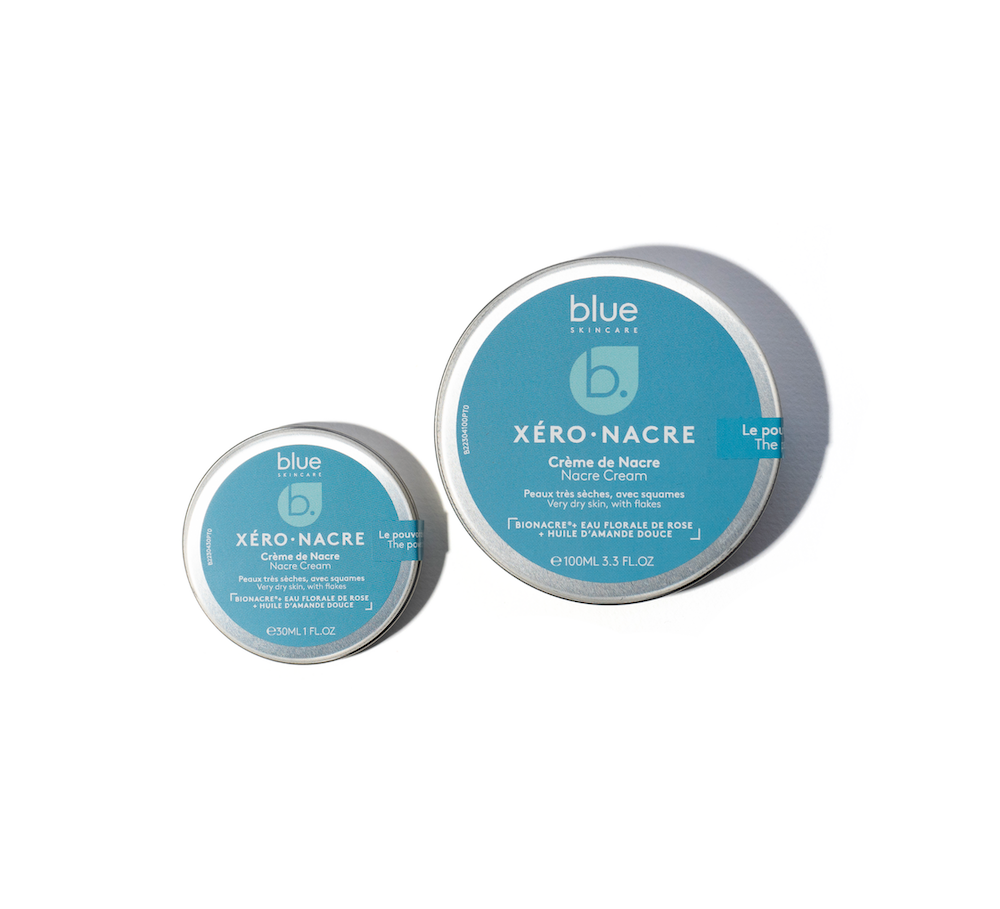On essaie chaque jour d’agir un peu plus pour une planète plus clean. Mais comment passer le flambeau aux enfants ? Voici 6 « petits gestes » écolo et simples pour les initier, les sensibiliser et en faire les futurs défenseurs de notre Terre.
Les enfants sont très demandeurs d’initiatives quand il s’agit de protéger la nature, et on aurait tort de croire qu’ils ne sont pas capables d’engagement, au contraire ! Ils sont les premiers à vouloir bien faire, et participer aux actions écologiques de la famille. Ainsi, on les aide à adopter un comportement respectueux et on développe leur conscience écologique pour le futur.
1- Préférer les courses en vrac
On commence par expliquer que gérer les déchets ça coûte cher, et ça pollue, mais qu’on n’est pas obligé d’acheter les produits emballés que l’on voit partout. Alors au lieu d’aller au supermarché, direction l’épicerie zéro déchet ou le magasin bio armé de petits sachets en papier ou en tissu. On fait le tour du rayon ensemble, on lit les étiquettes. On leur montre comment bien positionner le sachet, et ensuite, on les laisse faire ! On peut comparer les poids des sachets, montrer ce qu’est 1 kg, 500 g. Aujourd’hui, tout peut s’acheter en vrac dans certaines enseignes classiques ou dans des magasins spécialisés, de la farine à la lessive ! Regardez dans votre région : il y a certainement un magasin zéro déchet à proximité.
- Bénéfices planète : moins d’emballages et donc moins de déchets.
- Bénéfice enfant : apprendre à choisir, à peser et à comprendre que l’on peut faire d’autres choix.
2- Planter des fleurs pour insectes

Cette activité permet d’aborder avec les enfants le rôle des insectes pollinisateurs qui transportent le pollen mâle vers les fleurs femelles, l’évolution de la plante en fleur puis du fruit en graine, et l’équilibre entre insectes. Il suffit d’acheter des sachets de graines type « mélange fleuris » ou « prairie mellifères » et de les disséminer dans la ville. En se promenant, on cible chaque petit coin de terre, au pied des arbres, dans un parc, ou même sur son balcon. On peut aussi réaliser des « flower bombs » en mélangeant de l’argile, des fibres de coco et les graines : on forme des boules que l’on laisse sécher et que l’on peut ensuite envoyer loin par-dessus les grillages pour les voir fleurir au printemps. Les plantes à fleurs offrent du nectar et du pollen à de nombreux insectes pollinisateurs ou auxiliaires attirant ainsi les pucerons, qui attireront les coccinelles qui les mangent, ainsi que les abeilles, mais aussi les oiseaux intéressés par les graines de fleurs comme celles du tournesol. En bonus : on ajoute un « hôtel à insectes », sorte de petite cabane pour les abriter (nombreux tutos sur Internet).
- Bénéfice planète : contribuer à maintenir la biodiversité au niveau local.
- Bénéfice enfant : comprendre le rôle primordial des insectes pollinisateurs dans la chaîne de reproduction des plantes.
3- Passer une semaine avec le strict nécessaire


On va expliquer aux enfants les dangers de la surconsommation, que chaque objet fabriqué a utilisé des ressources, a pollué la planète, et qu’il est important d’acheter moins de produits, mais des meilleurs. Une action qui va mettre l’accent sur toutes les activités qui ne concernent pas la consommation : se promener, faire des dessins, lire des histoires, retrouver ses jouets oubliés, vider le placard d’épicerie et les conserves qui traînent. C’est aussi l’occasion de réaliser que tout peut attendre et de faire la différence entre l’envie et le besoin. Un challenge de 7 jours qui met au défi toute la famille.
- Bénéfice planète : pas de ressources consommées, pas de pollution générée, pas de déchets produits.
- Bénéfice enfant : montrer que l’on est libre et qu’on peut s’affranchir de la société de consommation quand on en éprouve le besoin.
4- Créer un compost
Idéal pour apprendre la décomposition des aliments, la création d’un compost en famille est une activité ludique et utile. On peut tout simplement entasser les déchets organiques, les épluchures et les restes de repas dans une caisse au fond du jardin, mais attention, car les insectes sont attirés. On conseille de déposer au fond d’un grand bac un mélange de terre, de foin et/ou d’herbe et d’y déposer les déchets, que l’on recouvre régulièrement de composants végétaux (mauvaises herbes, feuilles, terre). L’objectif ? réaliser un mille-feuilles de matière vert et brun pour obtenir un équilibre azote/carbone nécessaire à la réussite du compostage. C’est l’occasion d’expliquer que la terre s’enrichit des déchets dont les plantes se nourrissent et que le compost est un excellent engrais naturel.
- Bénéfice planète : des poubelles moins lourdes, plus petites et donc moins coûteuses, une terre enrichie.
- Bénéfice enfant : comprendre le cycle de la nature, le retour à la terre.
5- Organiser un ramassage de déchets

Très simple à mettre au point, un ramassage. C’est vraiment le bon outil pour sensibiliser les jeunes tout en nettoyant la nature que ce soit à la plage, en ville, à la campagne ou à la montagne. On peut le faire en famille, avec des amis ou des voisins. On délimite une zone et on ramasse en binôme adulte/enfant. Prévoyez des gants et des sacs. On peut sillonner une zone ou alors s’attaquer à un dépôt sauvage et faire une belle photo avant/après nettoyage. Quelle fierté pour les enfants !
- Bénéfice planète : moins de plastique et d’objets en tous genres qui polluent dans la nature.
- Bénéfice enfant : le « bien commun ». Ce n’est pas parce que ce n’est pas moi qui ai jeté que je ne ramasse pas.
6- Lancer une opération anti mégots
On peut faire un ramassage de mégots sur l’exemple précédent, mais avec un esprit plus militant. On imagine ensemble des supports de communication pour inciter les citoyens à ne pas jeter leur mégot dans la nature : un tract à distribuer, confectionner des cendriers de poche, communiquer autour de soi, dans sa rue, auprès des commerçants, ou de la mairie pour installer des cendriers de rue. Les enfants peuvent aussi proposer un exposé en classe pour expliquer que les mégots sont faits d’une matière plastique, qu’ils ne se biodégradent pas, qu’ils sont nocifs quand ils finissent dans la mer (1 mégot pollue 500 L d’eau.) et qu’ils sont absorbés par les animaux marins. Sans oublier les dégâts sur la santé des humains.
- Bénéfice planète : moins de mégots, moins de pollution.
- Bénéfice enfant : apprendre à chercher des informations et à soutenir une cause, savoir qu’il peut informer les adultes.
Et aussi :
- Fabriquer un jouet ou un meuble en récup et réparer un objet cassé pour montrer que l’on n’a pas besoin de tout acheter neuf.
- Repérer et refuser le plastique : le sac dans un magasin, le produit industriel que l’on peut faire soi-même, etc.
- Lancer une pétition : sur une situation locale préoccupante comme une décharge sauvage, la pollution d’une entreprise, le sort des animaux de la région.
- Économiser l’eau et l’énergie en éteignant les lumières et en fermant le robinet, en prenant des demi-bains ou de courtes douches, en réglant le réservoir de la chasse d’eau.
Les enfants sont volontaires et toujours partants pour protéger la nature. Si l’on peut au passage leur apprendre à réduire leurs déchets, la sur-consommation, et leur montrer que l’on peut faire beaucoup de choses tous ensemble…autant de graines pour un futur plus respectueux de la nature et plus solidaire.
